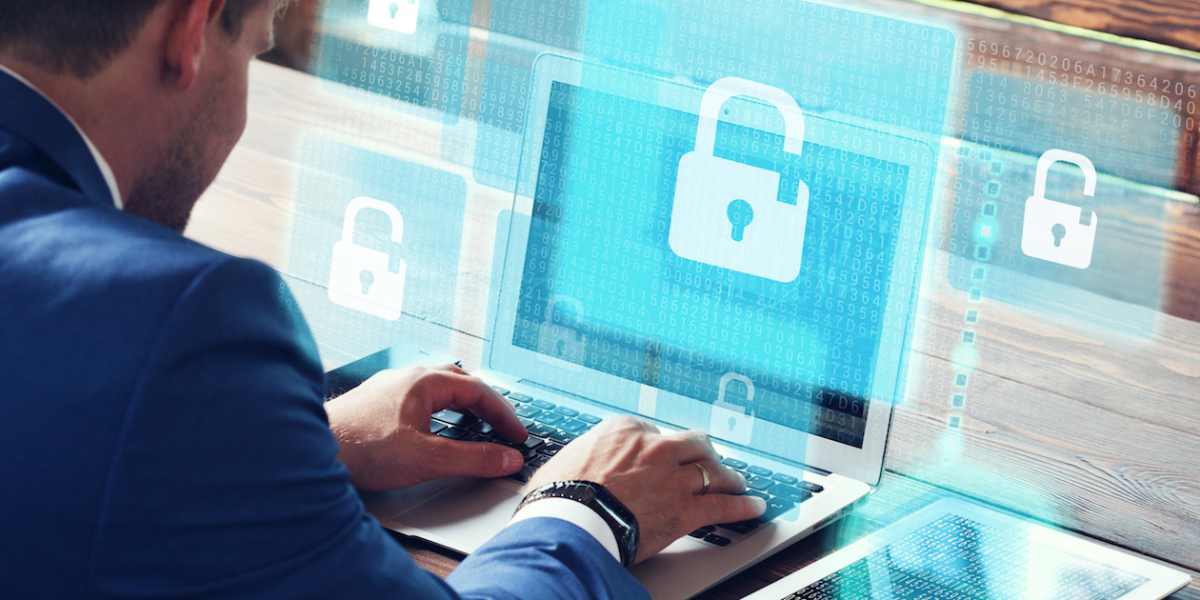Professional Retirement Plan Cyber Security

Table of Contents
What is Retirement Plan Cyber Security?
Retirement Plan Cyber Security is a comprehensive approach to protecting the personal information and financial assets of individuals and organizations in retirement plans. It involves best practices, preventive measures, and continuous monitoring to ensure that retirement plan information is kept secure. Cyber Security professionals work to ensure that the highest levels of security are maintained, so that retirement plans are safe for those who participate.
Paychecks stubs provide an important part of a professional retirement plan for cyber security. They provide an audit trail that can track employee contributions, ensure compliance with government regulations, and protect the retirement plan from fraudulent activity. They also serve as a record of fund performance, helping to ensure that someone manages the funds responsibly and that the retirement plan is well-positioned to provide financial security for the future. In today’s digital world, professional retirement plan cyber security is a critical component of protecting your financial future. As a professional, it’s essential to safeguard your retirement plan against potential cyber threats and data breaches.
Professional retirement plan cyber security involves protecting your personal data, such as usernames, passwords, and paychecks stubs, from malicious attacks. It also includes monitoring and analyzing the activity of your retirement plan to identify potential cyber security risks. Additionally, professional retirement plan cyber security also involves taking proactive steps to reduce the risk of a data breach or other cyber threats.
Components to Safeguarding Retirement Plans
In safeguarding your retirement plan, there are a few key components to consider; these include:
- Implementing strong passwords and encryption protocols. Professionals responsible for retirement plan security must ensure that these measures are in place to protect the data and funds in these accounts from potential threats. By creating secure passwords and utilizing encryption, organizations can ensure that retirement plans remain secure and that retirement funds are protected.
- Maintaining anti-malware and anti-spam software. By keeping these applications actively updated and monitored, you can help safeguard your retirement plans from potential attacks. Doing so will help protect your long-term financial security, as well as the security of your clients.
- Regularly reviewing financial statements and other sensitive documents. As a professional, it’s critical to stay on top of these documents to ensure your retirement plan remains secure. To ensure your retirement plan is adequately safeguarded, review financial statements and other sensitive documents regularly.
- Inform your financial advisor or retirement plan custodian of any changes to your retirement plan, such as beneficiary changes or withdrawals and transfers. This ensures that your retirement plan is secure, and you can continue to reap the benefits of it throughout your retirement.
- Training your staff on cyber security best practices. This includes requiring strong passwords, educating staff on the importance of data security and privacy, and instituting a culture of cyber awareness. This will help ensure your staff is prepared to recognize and respond to potential cyber threats.
Professional retirement plan cyber security involves working with a trusted third-party provider to ensure your data is secure. A reliable provider can provide you with the most up-to-date technology and security protocols, helping to ensure your retirement plan is as secure as possible.
Paychecks stubs provide a detailed overview of the retirement plan, allowing the professional to make informed decisions and provide a safe environment for the retirement plan’s participants.
By taking the necessary steps to protect your retirement plan, you can help ensure your financial future remains secure. With the right professional retirement plan and cyber security measures in place, your financial future is safe from potential cyber threats.

